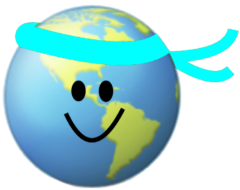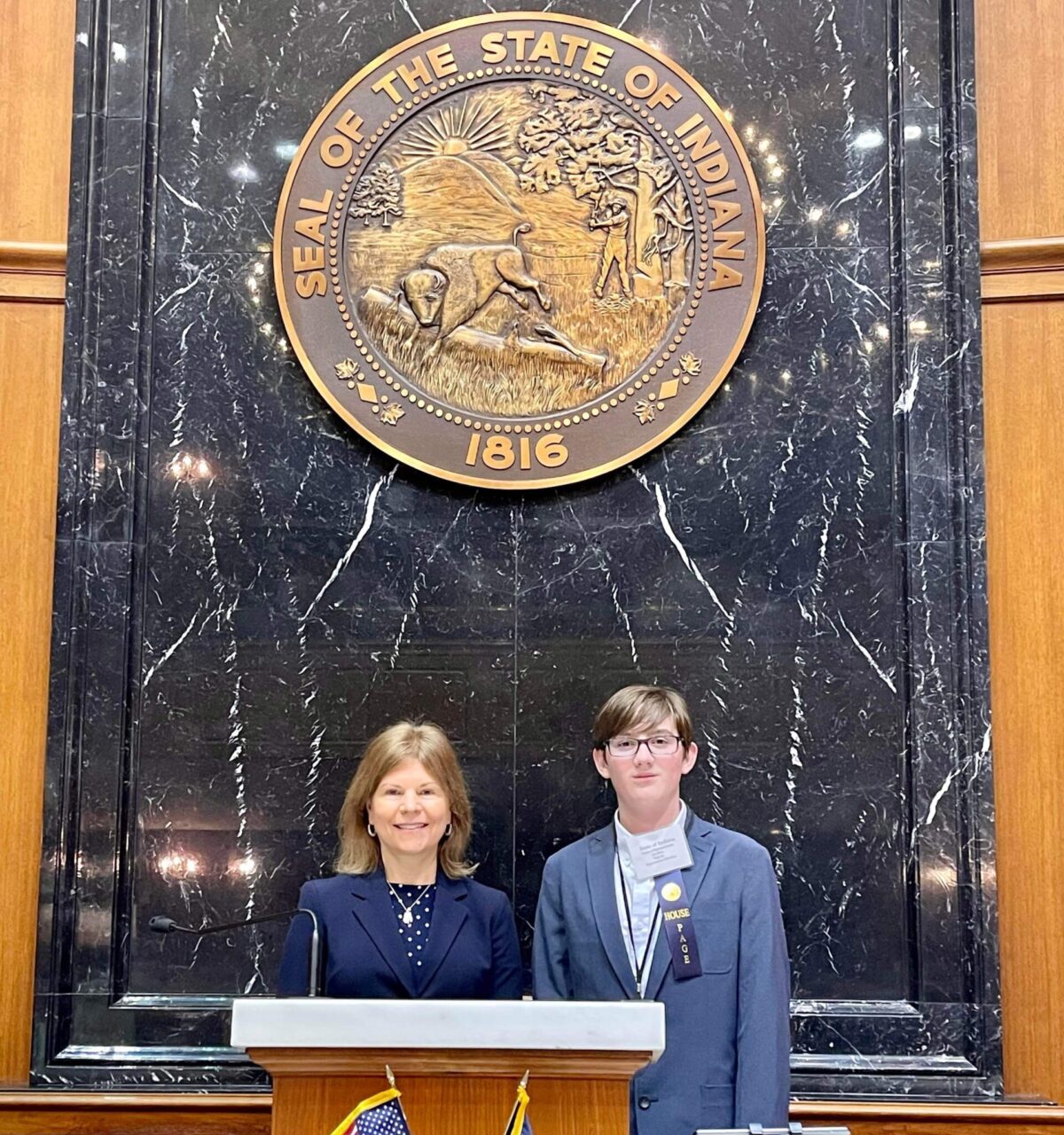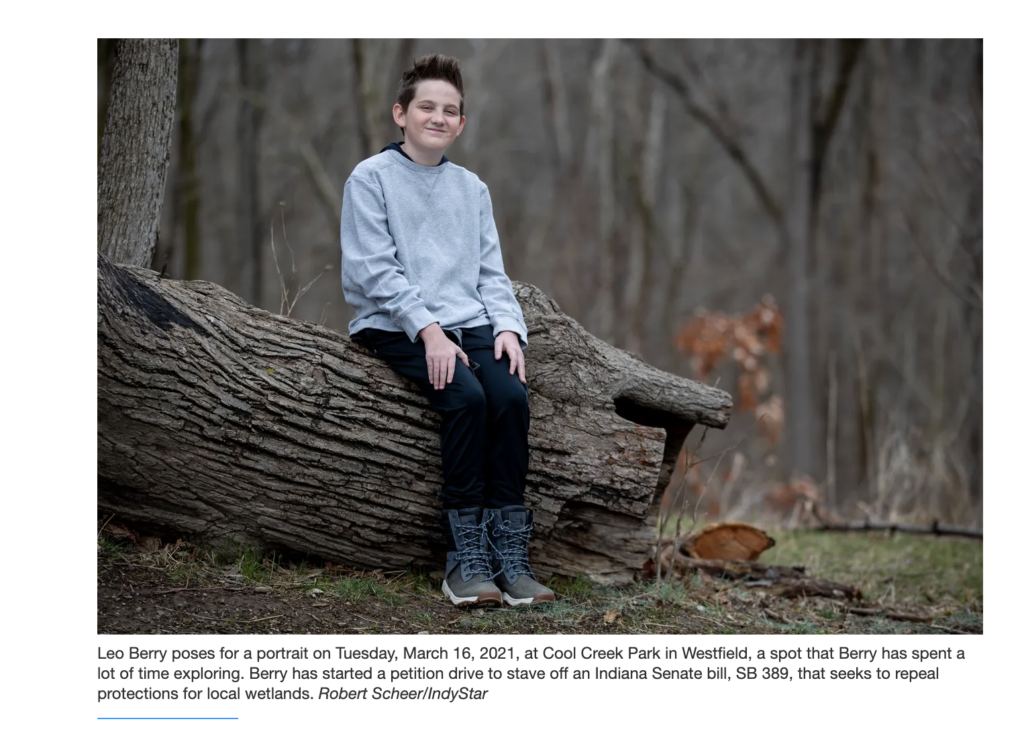Join our efforts today. To sign-up for the Helping Ninja Help the Wetlands Initiative, submit the form below. Helping Ninjas is actively seeking youth to get involved in their local legislature and help save our wetlands.
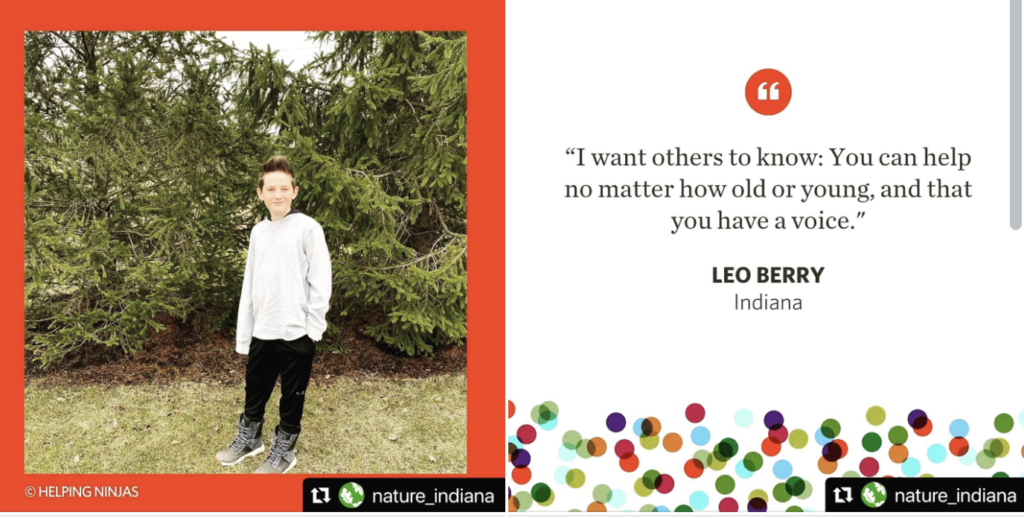
Why Wetlands Our Worth Saving and How Helping Ninjas Are Helping
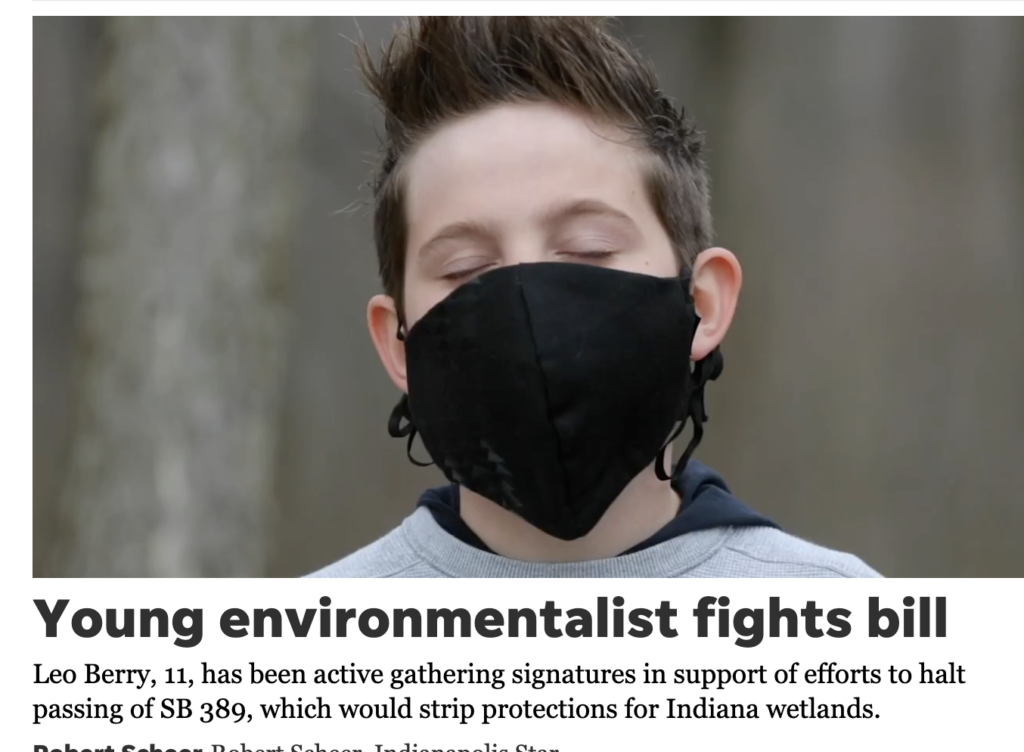
Watch video of our founder on Indy Star
Young Activist Fights to Save Wetlands
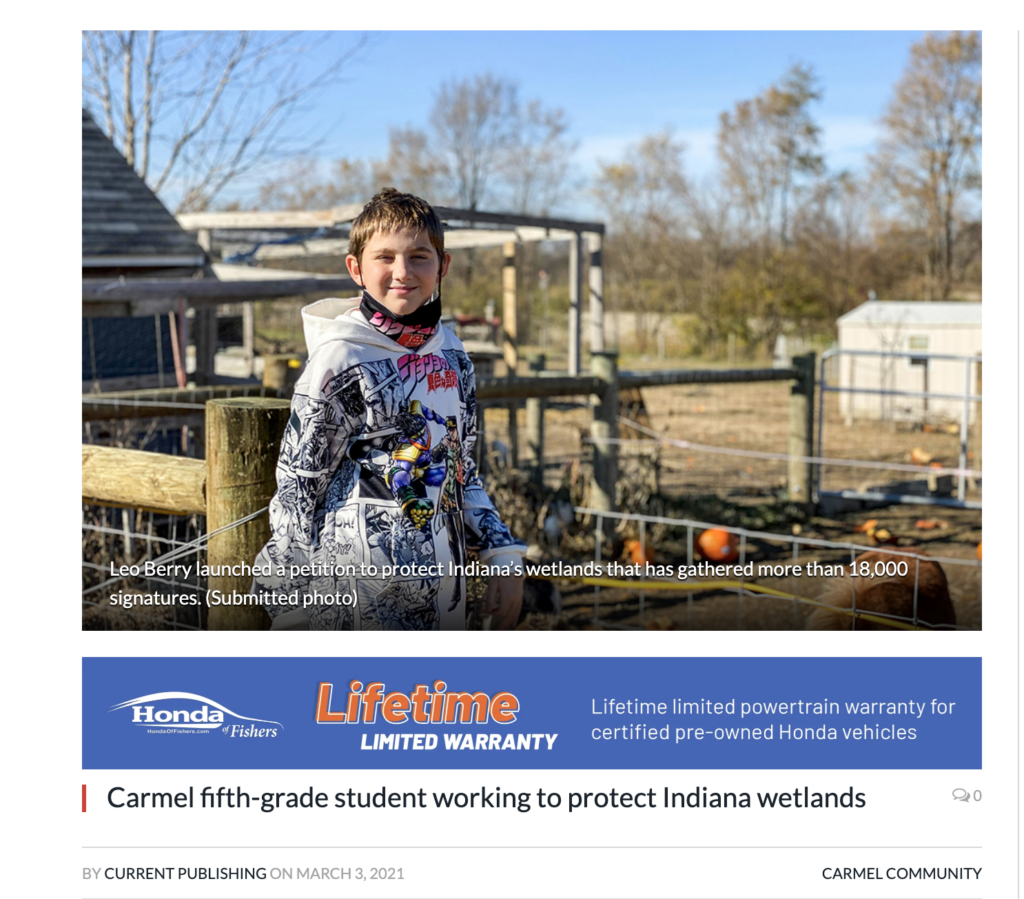
Tribune Story 11 Year Saves Wetlands
11-year-old-starts-petition-to-stop-bill-to-repeal-indiana-wetlands-laws
Did you know?
Wetlands are highly productive and biologically diverse systems that enhance water quality, control erosion, maintain stream flows, sequester carbon, and provide a home to at least one third of all threatened and endangered species?

Wetlands are important because they:
- improve water quality
- provide wildlife habitat
- maintain ecosystem productivity
- reduce coastal storm damage
- provide recreational opportunities
- improve the water supply
- provide opportunities for education

Wetlands are productive and valuable resources worthy of protection and restoration.


Ecosystem Productivity: Some wetland types are among the most productive ecosystems on earth. A stand of cordgrass in a salt marsh can produce more plant material and store more energy per acre than any agricultural crop except cultivated sugar cane. Nutrients and plant material flushed from some wetland systems during storms provide essential food for plants, fish, and wildlife in estuaries and other downstream ecosystems.
Wildlife Habitat: Wetlands provide habitat for many species of amphibians, reptiles, birds and mammals that are uniquely adapted to aquatic environments. Upland wildlife like deer, elk and bears commonly use wetlands for food and shelter. Wetlands are particularly vital to many migratory bird species. For example, wood ducks, mallards, and sandhill cranes winter in flooded bottomland forests and marshes in the southern U.S., and prairie potholes provide breeding grounds for over 50% of North American waterfowl.
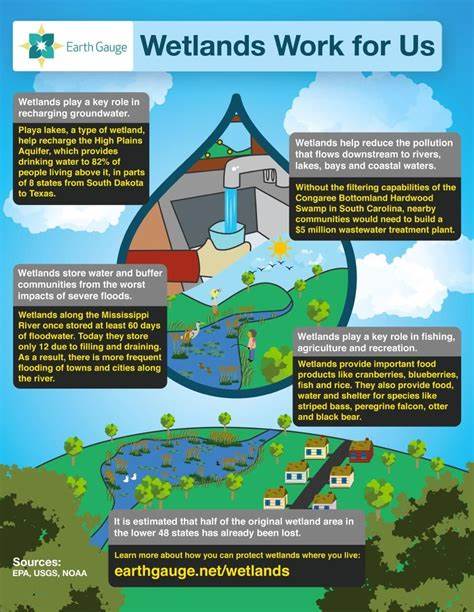
Water Quality: Wetlands act as natural water purifiers, filtering sediment and absorbing many pollutants in surface waters. In some wetland systems, this cleansing function also enhances the quality of groundwater supplies.
Flood Control and Streamflow Maintenance: Wetlands along rivers and streams absorb energy and store water during storms, which reduces downstream flood damage and lessens the risk of flash floods. The slow release of this stored water over time can help keep streams flowing during periods of drought.

Stabilization and Erosion Control:Wetland vegetation binds the soil on streambanks and riparian wetlands, preventing excessive erosion and sedimentation downstream.
Specialized Plant Habitat: Nearly 7000 plant species live in U.S. wetlands, many of which can only survive in these wet environments.
Reduction of Coastal Storm Damage: Coastal wetlands help to blunt the force of major storms. For example, mangrove forests in south Florida and salt marshes along the Atlantic and Gulf Coasts reduce flooding, coastal erosion, and property damage during major storms.
Fish and Shellfish Habitat: Freshwater and marine life including trout, striped bass, pike, sunfish, crappie, crab, and shrimp rely on wetlands for food, cover, spawning, and nursery grounds. Between 60% and 90% of U.S. commercial fisheries depend on wetlands.
Recreational Opportunities: Many wetlands contain a diversity of plants, animals and water features that provide beautiful places for sightseeing, hiking, fishing, hunting, boating, bird watching, and photography.
Education: Ecological, cultural, and historic resources run abundant in our nation’s wetlands, and provide countless opportunities for environmental education and public awareness programs.
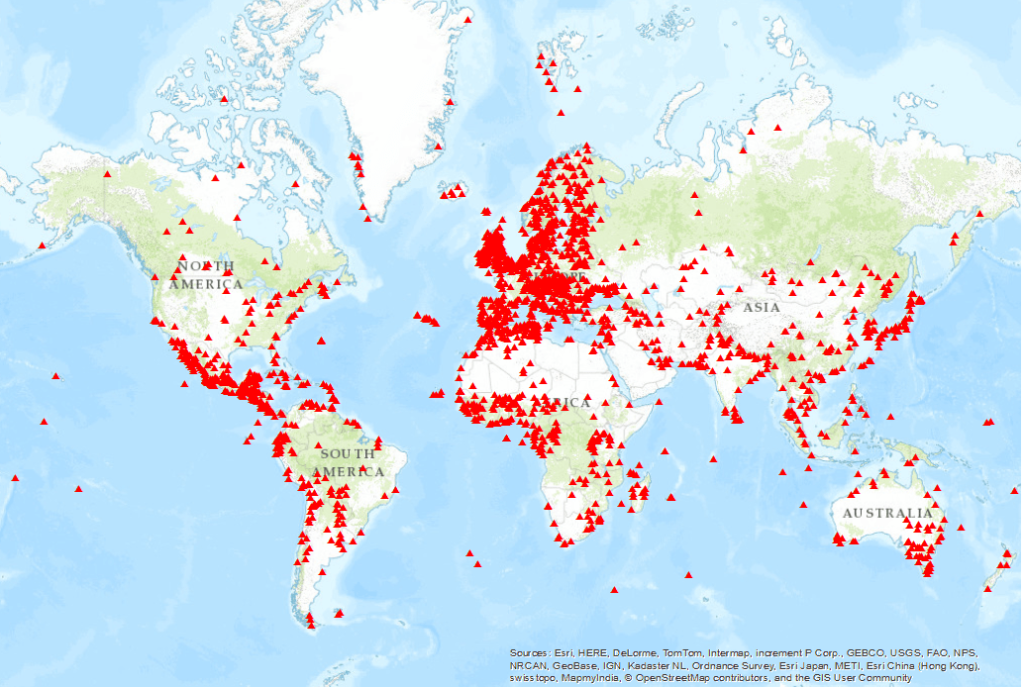
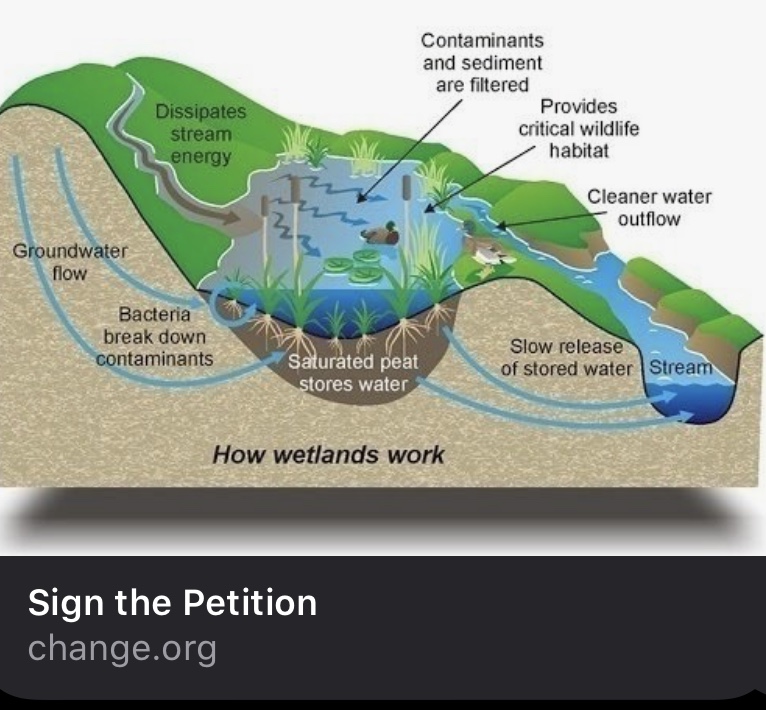
Sign the petition created By Leo Berry, Helping Ninjas founder and creator, to helps Save the Wetlands!
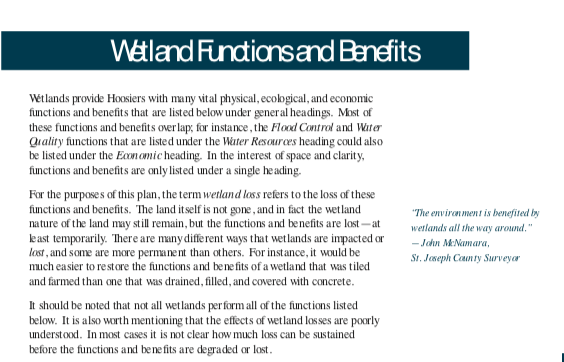
Full PDF Indiana Government: https://www.in.gov/dnr/fishwild/files/statusof.pdf
